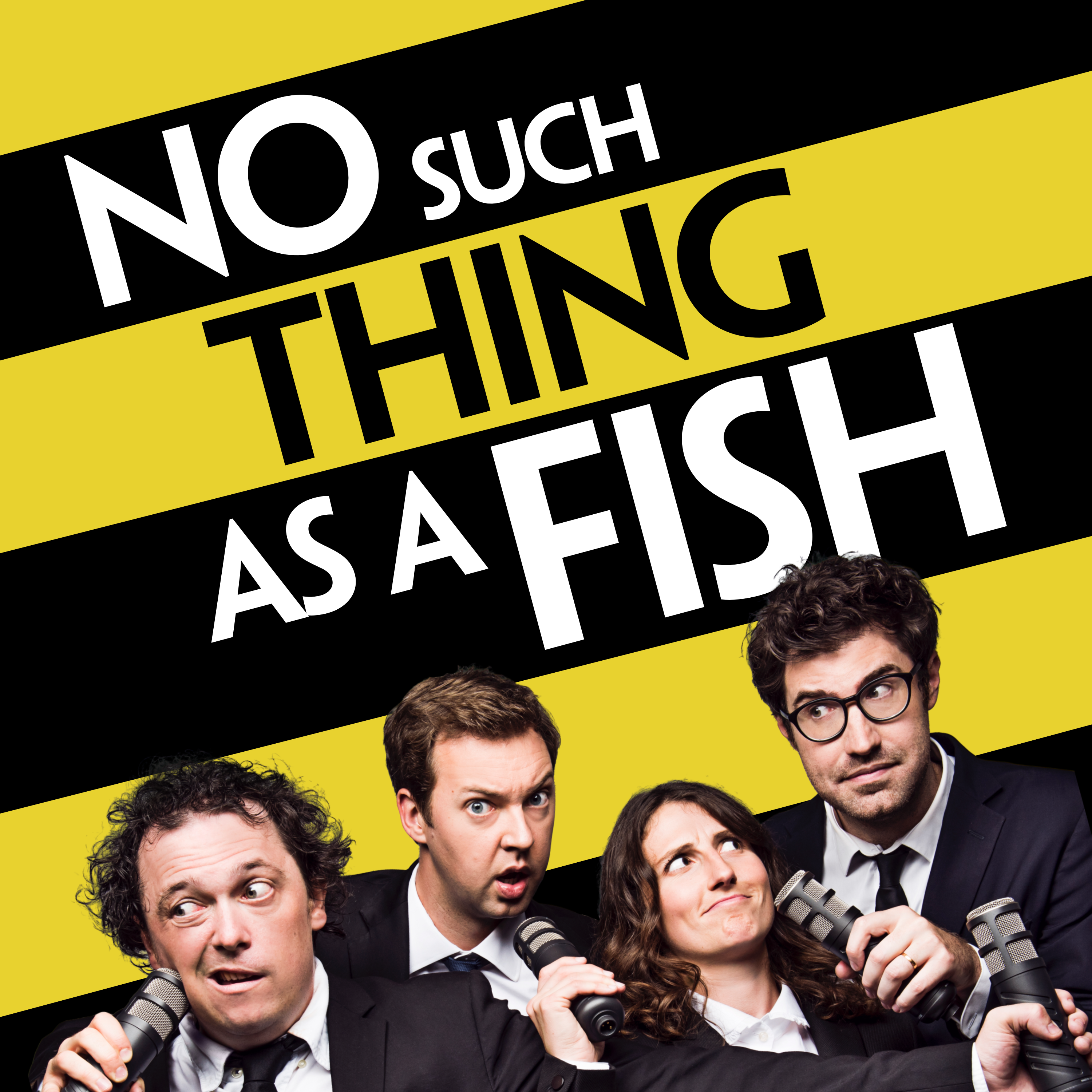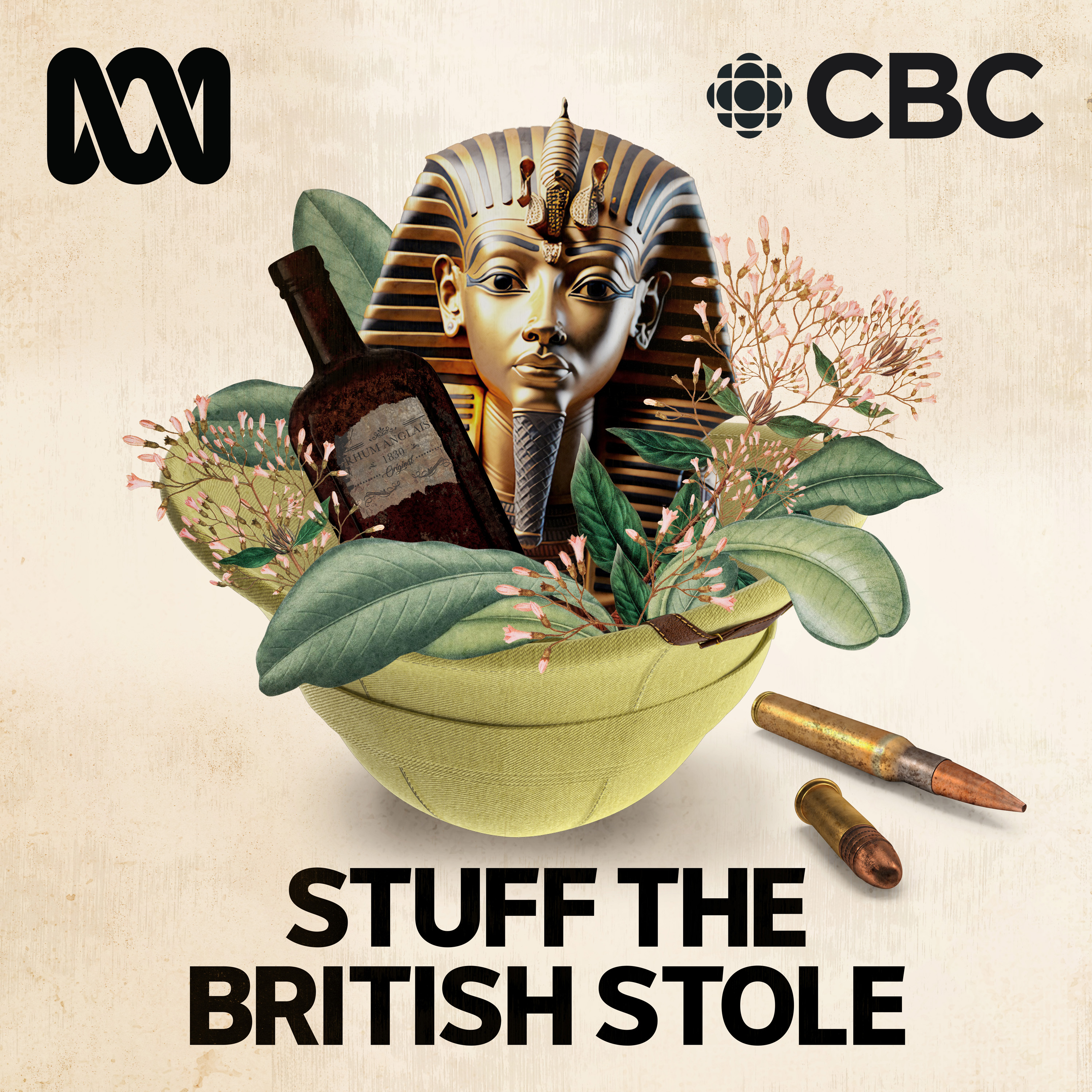
Piano, finally
Piano Finally is a podcast by an old bloke who is learning the piano, finally. I cover the process of learning the piano and music theory as an adult learner. I also review piano books, hardware and other materials from an adult learner's perspective.
Piano, finally
Episode 28 - Giving Music
Welcome
Thanks for tuning in to another episode of Piano, Finally. The Christmas season is here, and I’ve just wrapped up my last piano lesson for the year. I’m currently working on Canon and Bagatelle, with a new addition, Afternoon Snooze by Andrew Craggs.
YouTube Recommendation – Lord Vinheteiro 🎼
This week, I’m highlighting one of my favourite piano YouTubers, Lord Vinheteiro. Known for his deadpan expression and impressive piano skills, his channel features educational and entertaining content, from showcasing a composer’s style evolution to performing pieces in unexpected ways. Also, check out his collaboration with Pianote, where he guesses piano brands and prices blindfolded!
Essay – Giving Music 🎄
Instead of asking “What did you get for Christmas?” let’s ask “What did you give?” Music makes an excellent gift, and I discuss ideas such as:
- Music streaming subscriptions, like Apple Music or Spotify, with classical fans benefiting from Apple Classical’s organisation.
- Classical music services, such as Deutsche Grammophon Stage+ for an extensive catalog of recordings and performances.
- Opera lovers might enjoy the Metropolitan Opera subscription.
- Musical instruments, which can be a fantastic gift—just be mindful of noise levels!
- Music books, such as Taylor Swift PVG books, can add variety to classical practice.
Review – Noisy Clan’s Decoder 🎵
This week, I reviewed the Noisy Clan Circle of Fifths Decoder. This handy tool simplifies music theory by helping navigate chord progressions and scales. It includes an instructional booklet covering composition and transposition techniques—perfect for anyone looking to improve their understanding of music theory. I purchased mine for AU$47, and it's proving to be a great resource for the holidays.
Progress Update 🎧
This week’s practice pieces include:
- Canon by Fritz Spindler – focusing on dynamics and phrasing.
- Bagatelle in F by Daniel Gottlob Türk – progressing well.
- Afternoon Snooze by Andrew Craggs – currently focusing on right-hand rhythm.
All recordings were made using the Kawai NV10 keyboard with Pianoteq 8 on an M4 Pro Mac Mini, set to the Shigeru Kawai SK-EX in classical recording mode.
Until next time—keep practising and enjoy your time at the keys! 🎹
Hope you enjoy the episode!
4o
You can contact me:
- via email at david@pianofinally.show; this is probably the best option
- the show website, www.pianofinally.show
- Instagram and Threads @pianofinally
- and on YouTube
- all the podcast directories - list
- here's the RSS feed
Some of the links to books and other items mentioned in the podcast may affiliate links for Amazon or other providers. If you use one of these links, a commission may be paid to me at no additional cost to you. Thank you if you use a link.
All reviews of products, websites and services are unpaid, and no sponsorship has been received for any content on this podcast.
Speaker 1 (00:00):
Good day everyone. I'm David Reidy. Welcome to Piano. Finally, a podcast by an old bloke who's getting around to learning the piano. Finally, welcome to show 28. Thank you for taking the time to listen. If this is the first time you've heard the podcast, I hope you enjoy what's here and if you're a returning listener, thanks very much for coming back. Either way, let me know if you're doing the piano or another musical instrument and let me know how you're going with it. You can contact me at David at piano. Finally show, well, the Christmas holidays are here. Work finished up with mass and the staff Christmas party on Thursday in the midst of temperatures in the high thirties and low forties is definitely summer around here, although today is cold and wet for a change. I had my last piano lesson for the year.
(00:54)
Last week. We worked on the two pieces that were in the last episode, the Cannon and the Bag Atel, and to that we've now added a third piece called Afternoon Snooze by Andrew Crags. It's also from the Anka Preparatory book. That piece has a much more complex rhythmic pattern than the other pieces, so Debbie and I worked through marking the score up with explicit beats. I intend to include it in this week's progress section at the end of the podcast, but if I can't get close to a decent version, I'll put it off to the next episode.
(01:32)
I'm not sure why I've left it so long to recommend this channel. It's one of the best piano channels on YouTube and one of my favourites. It's run by Brazilian pianist Fabricío, Andre Bernard di Paolo, who goes by the professional name of Lord Vinheteiro. The channel has over 7 million subscribers, and the videos have over a billion views, so I'm not the only one who thinks his work is pretty good. Apart from being an excellent pianist, Lord Viro presents his work in an interesting way. He maintains a deadpan expression on his face regardless of the type or expressiveness of the music, although there have been a few times when he cracks a smile while playing. Lord V doesn't speak in his videos with any necessary information hopping up in the form of text. Videos are often educational showing the development of a composer's style or identifying tunes that are familiar, which most people dunno the names of.
(02:30)
There are performances with common pieces done in uncommon ways or keys, and many of the performances are just good fun. If you want to watch some enjoyable videos with a touch of educational content, then Lord Vinheteiro's, channel is worth a watch, and if you want to hear what Lord V sounds when he speaks, there is a collaboration video on the Peer Note YouTube channel where he guesses the brand and the price of different pianos all blindfolded. It's worth a watch and so is his latest video for Christmas. It's made of Christmas music and his wife and his baby son are both there too, so have a listen to Lord V. It's well worth it.
(03:14)
I like to subvert the normal Christmas conversation by not asking what did you get for Christmas, but asking instead, what did you give for Christmas? This got me thinking about how to give presents that are less generic and more suited to the interest of the recipient and to some of my interests too. This also ties into something I mentioned a few weeks ago, the newly discovered Chopin Waltz. There has been a lot of discussion about the authenticity of the work and if it's genuine, then how does it fit into Chopin's way of doing things? One suggestion has been that it was written as a gift, but that in the end it wasn't used for that. Apparently it was relatively common for Chopin and other composers to compose short pieces, write them out, and then give them to admirers or patrons. In many cases, it wasn't clear that the recipient was meant to play the piece.
(04:06)
It was the thought that counted. I'm not suggesting that you should consider composing a piece of music as a gift, although if you do have that talent, it would be an extra special present, but there are many other ways that we can give music, so here are some ideas. As it's only a few days until Christmas, these can all be done relatively quickly. Subscription services can get expensive quickly if you have a few of them, so a yearly subscription is a pretty good way of giving a gift that lasts longer than a few days. There are general music surfaces such as Apple Music or Spotify. Amazon has one and I'm sure that there are others. If your gift receiver likes classical music, I'd recommend Apple over Spotify. Apple Classical is just better organised for general music, though they're much the same. If you want to go beyond the general services, then the Deutsche Grammar font Stage plus service is a great choice.
(05:02)
It gives access to a huge library of DG recordings as well as their video performances and documentaries as well. The catalogue is constantly expanding and it would be an excellent choice for a classical fan. Similarly, if Opera is Nty or recipients likes, the Metropolitan Opera has a subscription service with access to hundreds of opera performances across the last few decades. The quality varies with age, but the chance to see some of the opera world's greatest performers more than makes up for the lower video quality. The more recent performances have excellent sound and vision adjacent to music performances. The Royal National Theatre has a subscription service called National Theatre at Home, which has video recordings of the National Theatres productions. These are film stage plays, which until recently were only available if you went to the theatre or caught them in a limited release in selected cinemas around the world.
(05:58)
The cast of these productions is stellar, and unless you are in London or New York, it's unlikely to see these actors outside of television shows or movies. Moving on from subscriptions. Musical instruments can make a really good gift. It may come with some dangers though. When I was growing up, there were about eight of us children who were all about the same age and who used to be in and out of each other's houses day in and day out. Deborah who lived up the street was learning the recorder. At about the same time I was learning the guitar. Deborah's mother used to send her down to our house to show my mom how well she could practise, which was loud and not very musical. I remember my mom telling Deborah that she would look after the recorder safely until it was time to go home. That recorder spent a lot of time on top of the refrigerator out of reach, so if you do want to give a child an instrument, something I highly encourage, check with the parents first and perhaps an instrument with a silent mode. There are many other musical options, scores, books of collected works, even books about musicians. A friend's daughter is getting a bit bored with the classical music. She's learning for her piano exams, so she's getting a collection or two of Taylor Swift, PVG Music. Music is such an important part of life. It makes an excellent gift in any form, so have a think about those people you're buying for and give them something they can hum along to.
(07:30)
I think I saw the device I'm reviewing this week on Bill Hilton's YouTube channel. As you know, I'm quite interested in music theory and how you use it when putting music together, and if you looked into music theory much yourself, you'll know that there are lots of acronyms to help you remember the order of things. This week's device is designed to help you quickly navigate all the complexities of the circle of fifths so that you can use it to construct chord progressions. It's the circle of fifths decoder from noisy clan. The decoder is made from plastic, although there is also a cardboard version available to buy in bulk and consists of a rotating disc inside a sleeve. The disc is marked with the names of the 12 keys in the circle of fifths, and as you rotate it, various pieces of information show through clear windows in the sleeve.
(08:19)
When you set the tonic note to the top, each of the notes for the other degrees of the scale show in the windows. The sleeve also shows which other notes make up the triad cord for that scale degree, and whether the chord is major, minor, or diminished. It makes it very easy to follow a chord progression and the back of the device even has a range of chord progressions to try out if you're making your own music. The decoder also comes with an instructional booklet that not only teaches you how to use the device, but also covers composition and transposition and the theory that is behind the circle of fifths and chords. The latter part of the book looks at more advanced songwriting techniques, how to do modulations, building seventh chords and other techniques you need when starting out. I bought my copy directly from the Noisy Clan website. It was 47 Australian dollars and took about a week to a ride from the uk. If you want to try your hand at improvising or composition, the circle of Fifth Dakota seems to be a useful tool. I'll be giving it a tryout during the holidays.
(09:28)
Well, that's it for this week. If you'd like to contact me, email is the best way. You'll find me at David at piano. Finally show and the website at www dot piano finally show. In both cases, piano finally is all one word. The show is also on Facebook and Instagram and available as audio only on YouTube. You can subscribe via any popular iOS or Android podcast application or from directory such as Apple Podcasts, Spotify, or Player fm. If you're learning an instrument. Let me know where you are in your journey, what's going well and what are the challenges, and so until the next episode, I hope your piano stays in tune and you enjoy your time at The Keys and you have a Merry Christmas.
(10:21)
I'm recording this part of the podcast before I record the piano pieces for this week, and I'm intending to include three pieces in this week's progress. The first is Fritz Spindler Cannon, which I've been working on now for a bit over a month. I've been working on getting both the dynamics and the phrasing working at the same time. It currently seems that every time I get one right the other falls apart. I am however confident that I'll get there eventually. The second piece is the bag of Tell in F by Daniel got Lob Turk. It's a list B piece in the ska book. I'm pleased with how it's coming along. The third piece, if it's here, is just the right hand from Afternoon Snooze by Andrew Craig's from the S Gut list. C. It has a more complex rhythm and is only just starting to sound recognisable. I'll be doing lots more work on it. Editing David here. I decided not to include it. There's a lot, lot more work that needs doing before I'm prepared to put it on the end of the podcast. Maybe next episode. All the recordings were made using the Kawai NV 10 is the keyboard and piano tech running on an M4 Pro Mac Mini. Piano Tech is set to the new Shigeru Kawai SK EX in classical recording mode.
Podcasts we love
Check out these other fine podcasts recommended by us, not an algorithm.

Connected
Relay
Upgrade
Relay
No Such Thing As A Fish
No Such Thing As A Fish
We Can Be Weirdos
Global
Stuff The British Stole
ABC and CBC
The iDeveloper Podcast
Steve Scott (Scotty) & John FoxRaven On: A Pop Culture Podcast
Natalie Bochenski & Stuart Layt
Smart Enough to Know Better
Dan Beeston & Greg Wah
TopMusic Piano Podcast
Tim Topham
The Chopin Podcast
Garrick Ohlsson and Ben Laude



